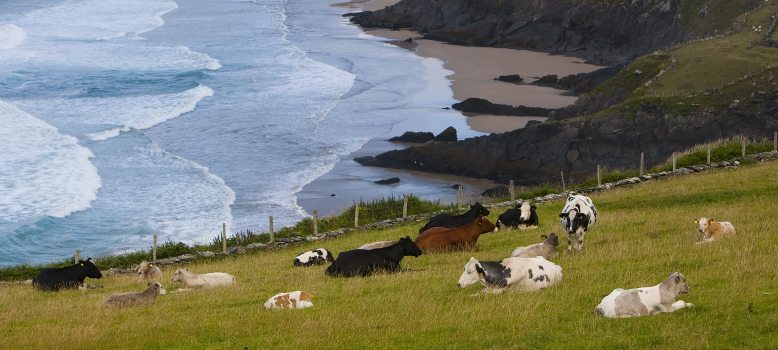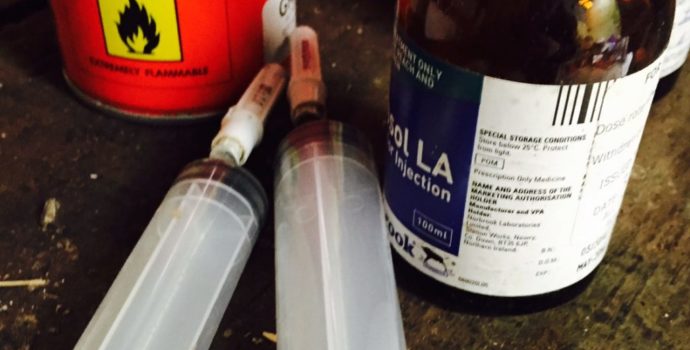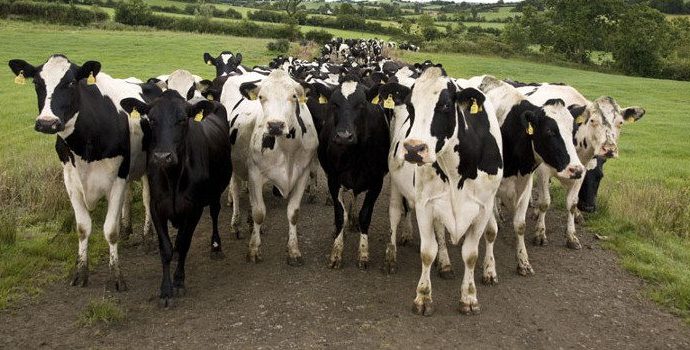Reviewing Eu Intervention Safety Net Is About Influencing Commercial Buyers, Not Encouraging over Production

Commenting on the response from EU Commissioner Phil Hogan, received by IFA to its request for a review of the EU dairy intervention safety net, IFA President Eddie Downey said this is not about encouraging higher production. He said, it is about sending a clear signal to buyers that they cannot exploit the vulnerabilities of the sector when returns are below production costs, and that they must start buying at realistic, sustainable prices.
“The majority of EU dairy farmers, having in the last year suffered milk price cuts of 20% on average, but going as high as 28% in the countries hardest hit by the Russian ban, are now producing milk at a loss. In Ireland, our 11c/l or 28% milk price cut in the last 13 months is equivalent to a massive 78% cut in margins, and from these decimated margins, farmers have to pay for their own labour and any bank repayment.
In order to keep some cashflow in times of unsustainably low prices and to deal with superlevy and tax liabilities, investment repayments and family commitments, it should be no surprise that producers would increase output. This is a far more economically rational behaviour by farmers than the Commission’s misplaced expectation that they would cut supplies and, therefore, cashflow,” Mr Downey said.
IFA National Dairy Chairman Sean O’Leary said: “The ‘reference thresholds’ (intervention prices) that EP and EU Commission regulation 1308/2013 sets out must, under Article 7.2, be kept under review by the Commission, in light of input costs and market trends. The EU Commission is also obligated, under the same article, to update those price levels where necessary”.
“At the equivalent of 21c/l, the current SMP and butter intervention prices do not provide the type of ‘safety net’ the EU has legislated for,” he said.
“What we have been asking our Minister and the Commissioner to do is first and foremost to set a review in train. It will take time for that review to be completed, and any adjustment to intervention prices to be made. However, in the shorter term, far from encouraging greater production, this announcement would help sellers better stand up to exploitation by buyers,” he said.
“We have been made aware of increasingly common practices whereby buyers use the shortening shelf life of stocks and the sellers’ increasingly problematic working capital position to squeeze ever lower prices for the longest possible periods, in total disregard of what is sustainable. This is not the normal cut and thrust of commercial dealings and this behaviour is most certainly prolonging the downturn unnecessarily,” he said.
“I am quite confident that the knowledge that a review of the adequacy of the intervention prices is underway, will be interpreted as a sign that the EU Commission will evolve its safety net to reflect more sustainable levels, will lead buyers to change their short sighted tactics far more quickly,” he concluded.




